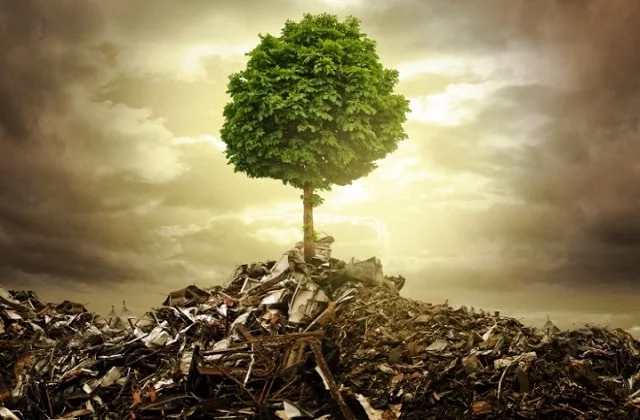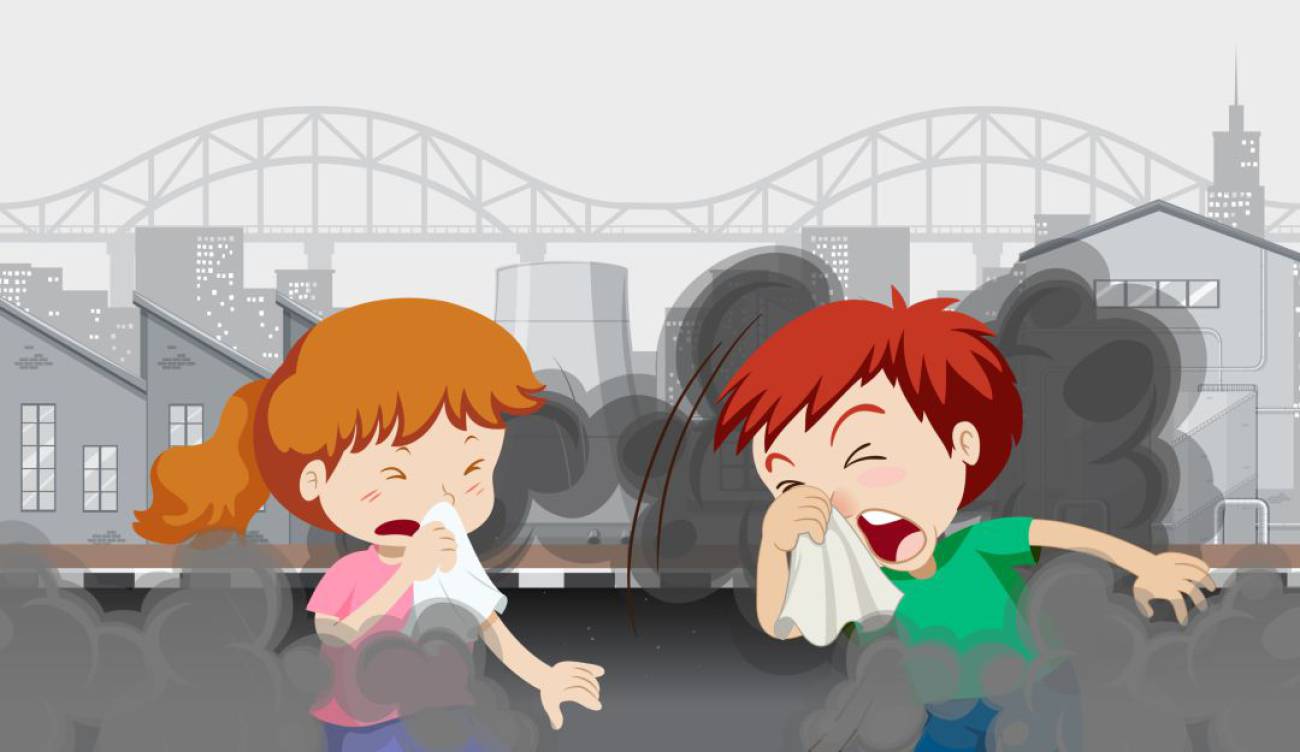The Earth
Damage to the Earth
What is climate of change?
Climate change refers to long-term shifts in temperatures and weather patterns. These shifts may be natural, such as through variations in the solar cycle. But since the 1800s, human activities have been the main driver of climate change, primarily due to burning fossil fuels like coal, oil and gas.
And emissions continue to rise. As a result, the Earth is now about 1.1°C warmer than it was in the late 1800s. The last decade (2011-2020) was the warmest on record.Climate change risks
Climate change can affect our health, ability to grow food, housing, safety and work. Some of us are already more vulnerable to climate impacts, such as people living in small island nations and other developing countries. Conditions like sea-level rise and saltwater intrusion have advanced to the point where whole communities have had to relocate, and protracted droughts are putting people at risk of famine. In the future, the number of “climate refugees” is expected to rise. This is a problem of the future; it is a situation that we must stop immediately or the destruction of the planet will be irreversible.
Droughts, hurricanes, famine, poverty and destruction: these are some of the terrible consequences of global warming on our planet. And it is up to us to actively participate in curbing its effects if we want the next generations to inherit a world as we know it today.
Natural disasters if no change is made
Diseases will increase:
A temperature change of several degrees can make the temperate zone more hospitable to the spread of certain diseases
Temperatures will increase:
The accumulation of polluting gases is causing temperatures to rise and climates to change: this causes droughts and also increases the risk of fires that lead to deforestation and desertification of the planet.
Higher temperatures, less precipitation, droughts and floods cause the climate to adapt to this new climatology and, therefore, changes in the duration of the fauna and the appearance of patterns more typical of monsoon climates.
Animals won´t survive
Many animal species are seeing how their current climate is disappearing and are not able to adapt to changes so quickly. Thus, many polar bears are drowning because they cannot reach the floating ice, and migratory birds are losing the ability to migrate because they cannot follow the temperature flows to which they are accustomed.
Sea level will rise As the glaciers melt, much more water is poured into the seas and oceans and therefore sea levels rise: this is one of the most serious consequences of climate change, as it means that many islands could disappear in the future and that a good number of cities will see their distance from the coast significantly reduced.
How to help reduce pollution
An idea of the best is:
Natural disasters if no change is made
Diseases will increase:
Temperatures will increase:
Advantages of changing habits for the benefit of global warming
The environment, on its own, is usually kept in balance. However, the enormous human penetration, product of the technological advances that have occurred especially in the last centuries, has caused an imbalance capable of generating serious consequences, causing a decrease in biodiversity. Having these habits will improve the quality of life in a natural aspect, and aspects such as:
- It will be possible to guarantee and ensure the survival of the species that inhabit it.
- It will favor and guarantee both the survival and the evolution of living beings and the biodiversity of species.
- There won't be diseases due to contamination.
- It will be possible to revert or stop environmental problems.
- There will be an ecological balance, sustainable development for the well-being and quality of life of future generations.
- It will be possible to guarantee and ensure the survival of the species that inhabit it.
- It will favor and guarantee both the survival and the evolution of living beings and the biodiversity of species.
- There won't be diseases due to contamination.
- It will be possible to revert or stop environmental problems.
- There will be an ecological balance, sustainable development for the well-being and quality of life of future generations.







Comentarios
Publicar un comentario